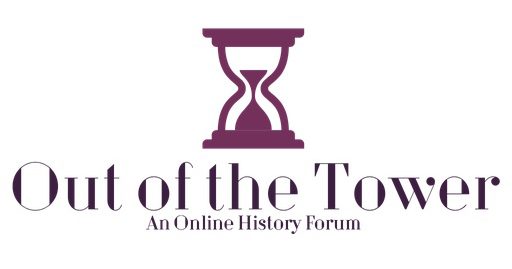The Power of Americanism
How should we understand the labor movements of the mid-twentieth century? Were they ultimately radical or conservative in nature? In Working-Class Americanism, Gary Gerstle looks at how progressive working-class leaders in Woonsocket, Rhode Island were more pragmatic than radical while their traditionalist counterparts were more innovative than conservative.[1] By presenting a community study with a close analysis of political language, Gerstle illuminates the conception of Americanism, underscores the diversity in mid-twentieth century labor unions, and demonstrates the transformative ideological nature of the 1940s. In the end, Gerstle’s work raises significant questions about the construction of political language.
